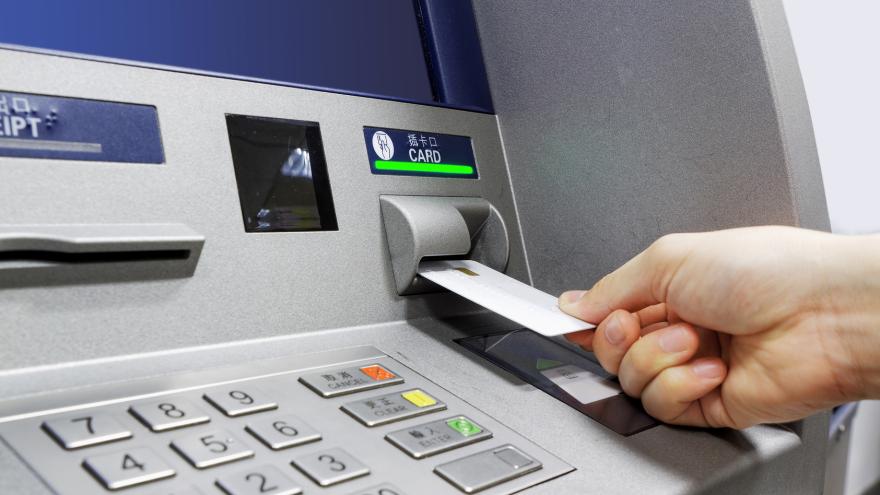Which card should it be?
Depending on wishes and financial possibilities of the consumer, the banks offer different cards.
With the customer card you can only print account statements and withdraw money at the counter.
The giro card offers to withdraw cash from an ATM, additionally. At the distributor consumers can pay for their goods by entering the secret number (electronic cash) or by signing (direct debit authorization). Who uses the giro card with money chip can also pay little amounts at an automat.
For this the chip will be topped up with cash and serves as an electronic wallet. So, for example, you do not need change for parking fees or tickets of the public transport. The disadvantage: If the card gets lost, the money is gone, too. In the future contactless payments shall be possible with the money chip.
The money chip is modified by the so-called NFC-Chip (Near Field Communication).
With the credit card and signature or PIN (personal identification number) account holders can pay worldwide cashless at all contracting parties of the credit card company. Who does not shy away from the sometimes high fees and has the PIN at hand can also withdraw cash at ATMs.
The so-called revolving credit card exists for years in the USA and Great Britain. In Germany these revolving cards with partial payment function get more popular, too. With conventional credit cards, the complete amount is due at the end of the month and will be debited from the account.
The instalment-credit card works differently: At the end of the month (depending on the supplier) the consumer just has to pay a determined percentage of the aggregate balance for example. For this flexible service the institute charges high interests and high costs. The variants at the market are very versatile. The Problem for consumers: They can barely see whether it is a revolving-credit card or not. And such a card increases the risk to buy things on tick, which you actually cannot afford, and to lose the overview.
Therefore, the Consumer Association cautions against revolving-credit cards and the linked risk to become overindebted.


